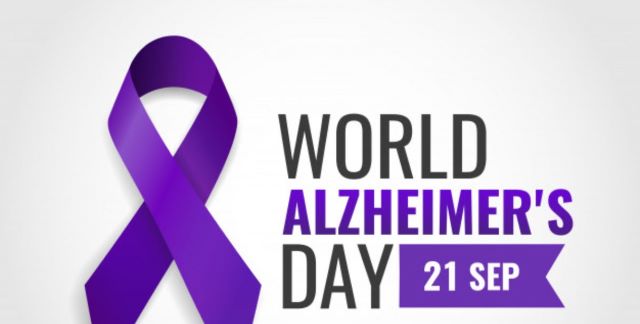
Over 7 million Americans are living with Alzheimer’s, according to the Alzheimer’s Association’s latest report, which states the number is an estimated 7.2 million. These figures represent the most recent data on the disease’s prevalence in the United States.
The Alzheimer’s Association has announced it will debut a five-episode mini-telenovela during National Hispanic and Latino Heritage Month.
This series is designed to encourage Hispanic and Latino families to have open discussions about memory loss, diagnosis, and caregiving across generations.
The telenovela, available in both English and Spanish, follows the emotional journey of a multigenerational Hispanic family in the United States after their grandfather is diagnosed with Alzheimer’s disease.
The telenovela will be shown during two webinars hosted by the Alzheimer’s Association: one in English on September 30 and the other in Spanish on October 7.
Each webinar will feature a moderated discussion, hosted by actress, film producer, and Telemundo news anchor Gabi Del Moral.
This initiative is a collaboration between the Alzheimer’s Association and the University of Houston’s Engaging Communities of Hispanics/Latinos for Aging Research (ECHAR) Network.
The series was created, written, and directed by students from the University of Houston, with sponsorship and support from Dr. Luis D. Medina, the director of the ECHAR Network.
The Alzheimer’s Association reviewed the program’s content. After the screenings, Dr. Medina will participate in a panel discussion with leaders from the National Hispanic Medical Association, the National Association of Hispanic Nurses, and the National Hispanic Council on Aging.
Hispanic and Latino Americans are about 1.5 times more likely to develop Alzheimer’s disease compared to older white Americans.
Systemic and cultural barriers often delay diagnosis, leading to early signs of cognitive changes going unnoticed or unaddressed in Hispanic and Latino families.
Consequently, many families receive a diagnosis only during a crisis or emergency. However, early detection and diagnosis of Alzheimer’s and other dementias provide the best opportunity for effective care management and treatment.
Early diagnosis not only allows individuals diagnosed with the disease and their caregivers to plan for the future and adopt lifestyle changes that may help slow disease progression, but also enables participation in clinical research studies and enhances quality of life for as long as possible.
Available treatments that can slow disease progression are most effective during the early stages, making early detection and diagnosis critically important.
When Carlos Olivas III’s father was diagnosed with Alzheimer’s disease, he stepped into the role of primary caregiver. He began navigating the emotional, physical and mental challenges that come with supporting a loved one with dementia. pic.twitter.com/jLfXu9nhle
— Alzheimer's Association (@alzassociation) September 19, 2025
The U.S. Army Corps of Engineers has been tasked with…
Brown and Caldwell, a leading environmental engineering and construction firm,…
Humboldt State University, one of four campuses within the California…